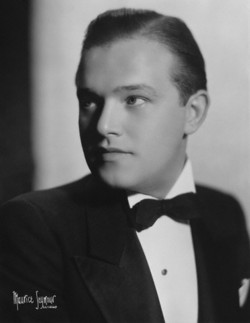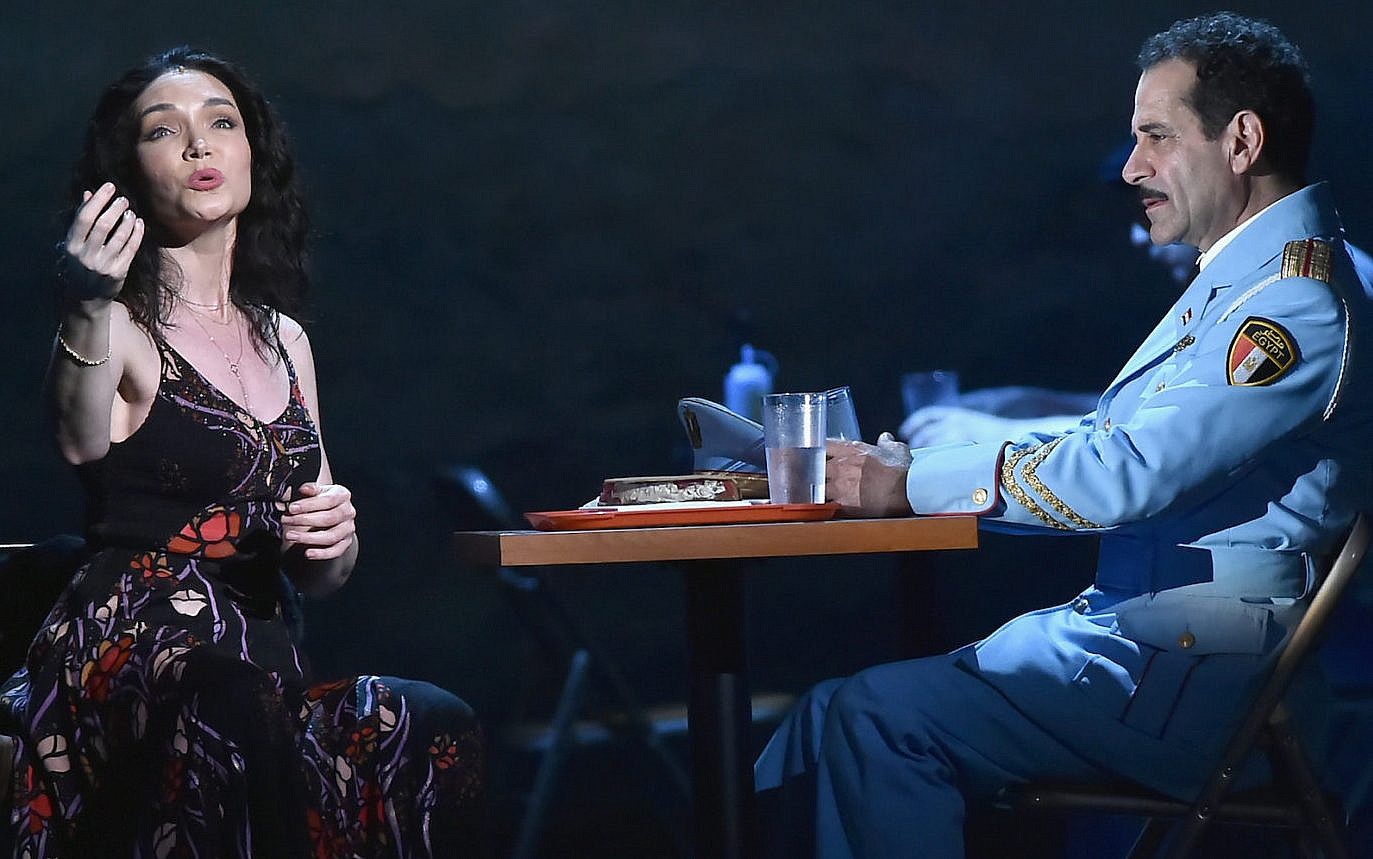My fourth impromptu Facebook Live concert is devoted to Jule Styne, so I’ve been thinking about him and this piece can serve two purposes. I can share some Styne thoughts as I get ready to sing. The first three concerts were devoted to far-more-famous writers of an earlier era: Rodgers & Hart, Cole Porter, and the brothers Gershwin. But when we think of the sound of Broadway, the fortissimo brass excitement, it’s probably a Styne score that comes to mind.
In one way, they all belong to a distant era, when songwriters wrote with one eye on the prize of getting a hit song to emerge from the score. Late in his life, Jule Styne met the grad students at NYU’s then-new program for musical theatre writing. And he was shocked to find the young people seemed unaware which moments in their stories needed to be put into song. Over the years, I’ve overanalyzed this exchange between the generations. Styne would have focused on bits of story that could have become extractable hits; the students, having grown up in a world where show tunes never made it to the Top 40, wouldn’t have bothered.
There was a memorable (to me, at least) essay years ago in Dramatics Magazine by Jeffrey Sweet. Ostensibly reporting on my musical comedy wedding, he discussed the idea that one of the things musicals tend to do is celebrate. They take little moments of happiness and magnify them into the delirious, and the audience catches the joy. In Bells Are Ringing, our heroine wonders what it would be like if strangers said hello to each other on a subway. This quickly explodes into a massive carnival of conviviality. It’s typical Styne.
A more famous moment occurs at the end of the first act of Gypsy, which I think we can all agree is his masterpiece. Rose’s talented daughter has run away to Hollywood and it’s devastating. All her work, for years and years, has been to make June a star and now she’s got no one except her completely untalented and klutzy other daughter who can’t sing, who mainly sews sequins on costumes. We all wonder how Rose will deal with the annihilation of her dream. Other songwriters – foolish ones, perhaps like that NYU class – would provide Rose with a lament, so she can express her pain in mournful melody. Styne turns the tables on that expectation with the peppiest bit of extreme brightness the theatre has ever produced, Everything’s Coming Up Roses.
In reality, Styne had written the tune years before for a forgotten project. But he played it at the piano for his young collaborator, Stephen Sondheim, and never informed him he’d be setting lyrics to a recycled tune. This wasn’t the only Gypsy tune that was repurposed. So, long before the cast album came out, someone surprised the twenty-something lyricist by saying “Hey, the cast album’s ready” and put on an overture that included You’ll Never Get Away From Me and Everything’s Coming Up Roses and only then did Sondheim understand the subterfuge.
Jule Styne was the last member added to Gypsy’s collaborative team. And that’s because he had the sort of experience a star can trust. After the success of West Side Story, master producer David Merrick swooped in with a brilliant notion. He’d purchased the rights to Gypsy Rose Lee’s show-busy memoir and wanted to hire as much of the West Side team as he could. The composer, Leonard Bernstein, was too busy, as America’s pre-eminent orchestra conductor, to sign on for his fourth show of the 1950s. But wait, the lyricist Stephen Sondheim was a trained composer, and, once again, the masterful Jerome Robbins would direct and choreograph, with the redoubtable Arthur Laurents taking care of the book. And, to play Gypsy’s mother, Merrick got the biggest star of them all, Ethel Merman. But there was a problem. Merman’s last show was an embarrassing flop and she naturally blamed the inexperience of its songwriters. At this point, Sondheim had one show on Broadway, as lyricist alone, and the queen from Queens wasn’t going to risk singing a score by a first-time composer. She demanded a music-writer with a proven capacity for creating hit songs, and, naturally, Styne’s name emerged. But Sondheim was unhappy to be robbed of the compositional role. He went to his mentor, Oscar Hammerstein, to ask advice. The older sage pointed out that one learns a lot from dealing with a major star – West Side Story had none; Gypsy would be worth doing just for the experience.
I shudder to think how the project would have turned out with Sondheim’s jagged harmonies. The Broadway fable needed an evocative and entertaining sound, and Styne came through in spades. It’s impossible to listen to Gypsy’s overture without getting your spirits lifted.
It’s hard to believe this, but Styne didn’t consider Gypsy his masterpiece. He preferred Funny Girl, and I think on that one, he’s the true hero of the creative team. Much of the book had to be tossed out; many of Bob Merrill’s lyrics are incoherent – does anyone brag they have ten American beauty toes? – and genius director Jerome Robbins abandoned the project. But everyone knew that Barbra Streisand was a once-in-a-lifetime star. Give her a good tune to warble, and you’re golden. Styne did just that.
My favorite Styne score, though, is Gentlemen Prefer Blondes, which he wrote with the not-so-famous Leo Robin, a lyricist greatly admired by other lyricists. Robin would get the tune in his head and start walking the perimeter of Central Park. Styne would hail a cab, tell it to go down Fifth, across Central Park South, up Central Park West and complete the circle around Central Park North. Eventually, he’d find Robin who’d say “A kiss on the hand may be quite continental but diamonds are a girl’s best friend.” Styne was no hack, but he sure could take a ride in one and find gems.




 Posted by Noel Katz
Posted by Noel Katz 









